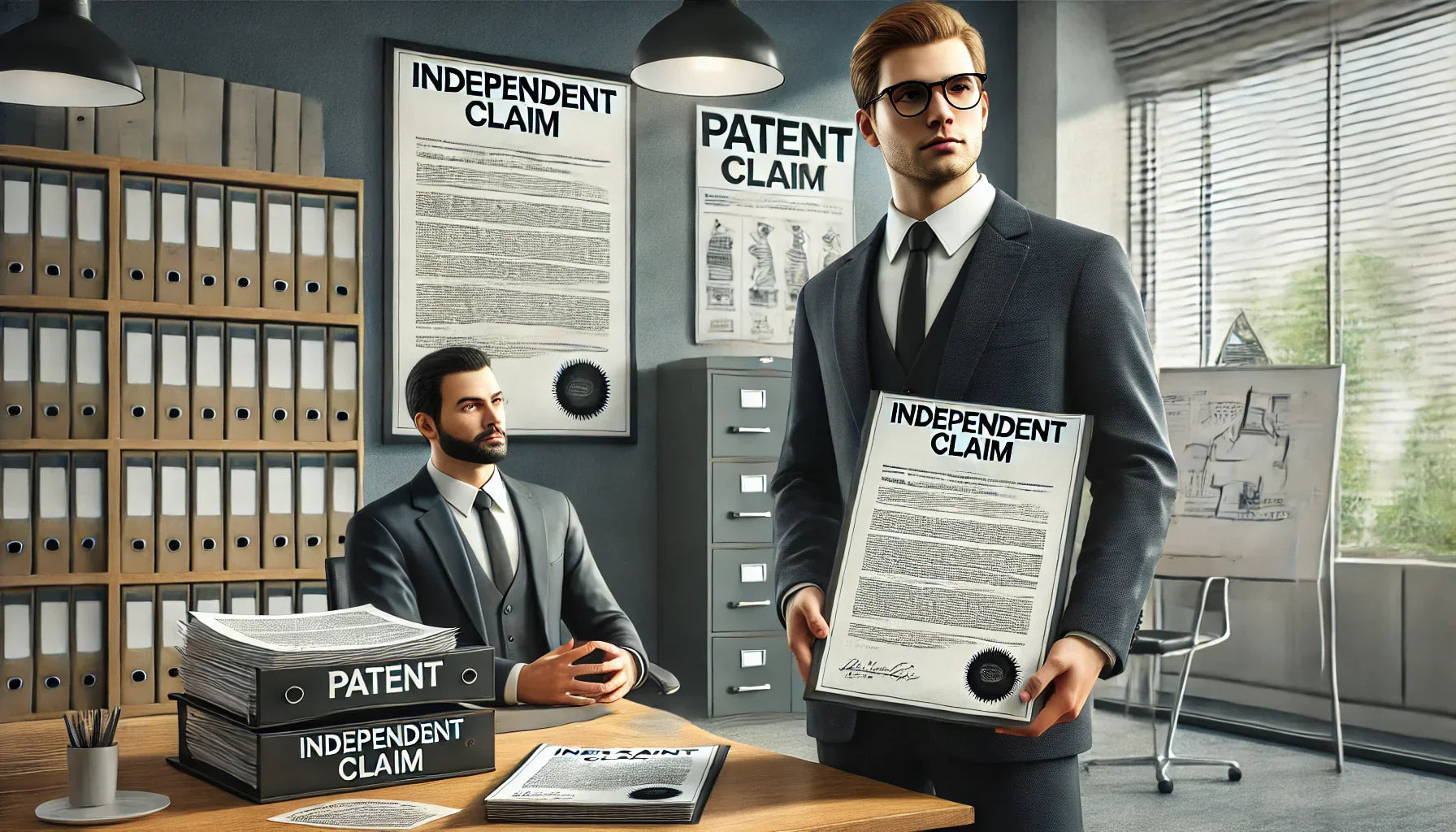Quick Overview
While the idea of a “worldwide patent” might sound perfect for protecting your invention globally, it’s not possible—worldwide patents don’t exist. However, you can still safeguard your intellectual property (IP) across borders using smart strategies like the Patent Cooperation Treaty (PCT) and targeted patent filings in key markets. This article explains why worldwide patents are a myth and how to create an effective global patent strategy.

Common Questions & Answers
Q1: Why don’t worldwide patents exist?
A: Patents are territorial by nature, meaning they’re only valid in the country where they’re filed and granted. A unified, global patent system does not exist due to differences in national laws and enforcement standards.
Q2: What is a Patent Cooperation Treaty (PCT)?
A: The PCT is an international treaty that allows inventors to file a single patent application in multiple member countries. It simplifies the process but does not grant a universal patent.
Q3: How do I decide where to file patents internationally?
A: Focus on markets where you plan to sell your product or where you anticipate significant competition. Consider countries with strong IP enforcement laws, like the U.S., EU, Japan, and China.
Q4: Is filing patents in all countries financially viable?
A: Filing in every country is usually prohibitively expensive. Filing fees, translation costs, and maintenance charges can easily exceed $1 million.
Q5: What’s the best strategy for protecting my invention globally?
A: Use a PCT application for broad initial coverage, then strategically pursue patents in your key markets based on business priorities and budget.

Step-by-Step Guide to International Patent Protection
-
File a PCT Application
Start by filing a Patent Cooperation Treaty (PCT) application to gain initial protection in over 150 member countries. This gives you up to 30 months to decide which markets to pursue for full patent grants. -
Evaluate Your Target Markets
Identify the countries most critical to your business. Prioritize nations with strong consumer demand or high competition in your product category. -
Consult a Patent Attorney
Work with an experienced patent attorney to navigate the legal and procedural complexities of each country’s patent system. -
Proceed with National Phase Filings
Transition your PCT application into national phase filings in your target countries. This step ensures your patent gets examined and granted at the national level. -
Monitor and Maintain Your Patents
Keep track of renewal deadlines and compliance requirements to maintain your patents. Neglecting these details can result in losing your protection.
Need help tailoring this strategy to your invention? Schedule a consultation with Devin Miller to develop a custom patent strategy.

Historical Context
The concept of patents dates back to the 15th century, originating in Venice. By the 19th century, national patent systems became prevalent, but their territorial nature often caused complications for inventors seeking international protection.
Efforts to unify patent protection began in 1883 with the Paris Convention, which allowed inventors to claim priority when filing in multiple countries. Fast forward to 1970, the Patent Cooperation Treaty introduced a standardized framework, enabling inventors to file a single international application. Despite this progress, patents remain bound by national laws, which is why “worldwide” protection remains a myth.

Business Competition Examples
-
Dyson’s Global Strategy
Dyson strategically files patents in regions with high market demand, like the U.S., EU, and China, while avoiding less critical markets to save costs. -
Tesla’s Selective Approach
Tesla files patents primarily in countries with strong automotive industries, such as Germany and Japan, to protect its innovations in key regions. -
Coca-Cola’s Formula Secrecy
Rather than filing patents everywhere, Coca-Cola chose to protect its recipe as a trade secret, avoiding the challenges of international patenting.

Discussion
Protecting intellectual property globally requires balancing ambition with practicality. Filing patents in every country is neither affordable nor efficient. Instead, inventors should adopt a targeted approach, leveraging tools like the PCT and focusing on high-priority markets. Strategic planning ensures resources are allocated effectively while safeguarding critical market share.

The Debate
Side 1: Broad Protection Advocates
Supporters argue for extensive international filings to preempt competitors and maximize market opportunities. They see it as a long-term investment in IP security.
Side 2: Targeted Protection Advocates
Others believe focusing on key markets offers better ROI. They highlight the financial strain of global filings and suggest concentrating on regions with significant consumer demand.

Takeaways
- Worldwide patents don’t exist, but international protection is achievable through strategic planning.
- Filing a PCT application simplifies initial steps for broader coverage.
- Focus on markets with strong demand and IP enforcement for better ROI.

Potential Business Hazards
-
Overextending Resources
Filing in too many countries can drain finances and distract from core business goals. -
Inadequate Market Research
Failing to identify key markets may result in missed opportunities or unnecessary expenses. -
Lapsed Maintenance
Missing renewal deadlines can lead to losing patent protection in key regions.

Myths and Misconceptions
-
Myth: Worldwide patents are real.
Reality: There is no single patent that protects inventions globally. -
Myth: PCT grants international patents.
Reality: The PCT streamlines the process but requires national filings for actual protection. -
Myth: Filing everywhere is always better.
Reality: A targeted approach often yields better financial and strategic outcomes.

Book & Podcast Recommendations
-
"Patent It Yourself" by David Pressman
A comprehensive guide to understanding patent law and processes for inventors. -
"How Innovation Works" by Matt Ridley
Offers insights into how inventions are created and protected, with a global perspective. -
"The Inventors Podcast"
Real-world stories of inventors navigating the complexities of patents and IP.

Legal Cases
-
Microsoft v. Motorola (2013)
This case highlighted the territorial nature of patents, emphasizing the importance of filing in key markets. -
Apple v. Samsung (2012)
Demonstrated the critical role of enforcing patents in countries where infringement occurs. -
Eli Lilly v. Canada (2017)
Showed the challenges of differing patent laws and their impact on global strategies.

Share Your Expertise
Discover more about international patent strategies at InventiveUnicorn.com, where Miller IP provides resources and consultations for inventors and businesses.

Wrap Up
While the dream of a worldwide patent may remain just that—a dream—you can still protect your invention globally with the right strategy. Start with a PCT application, focus on key markets, and consult experts to ensure your invention is safeguarded.







